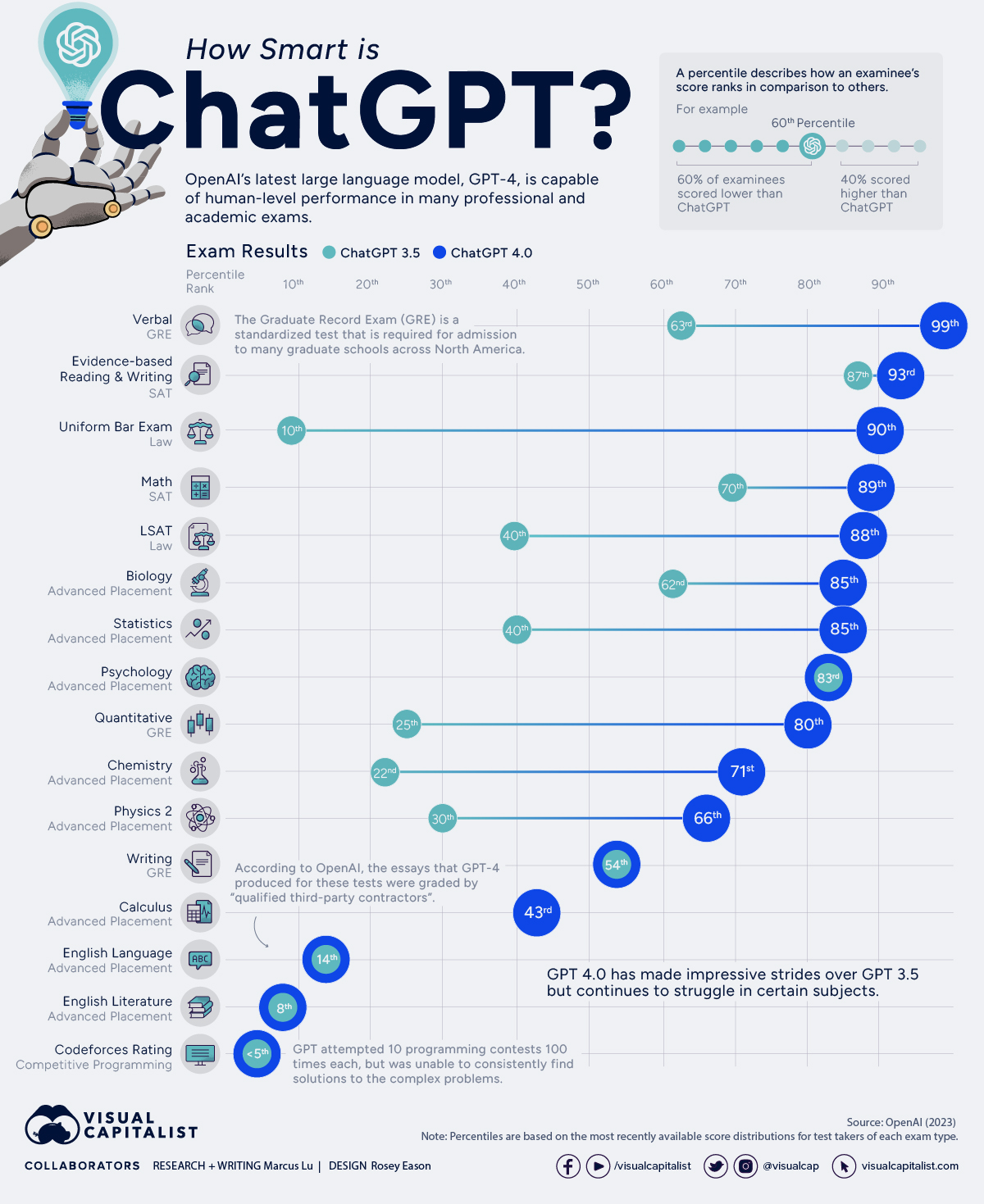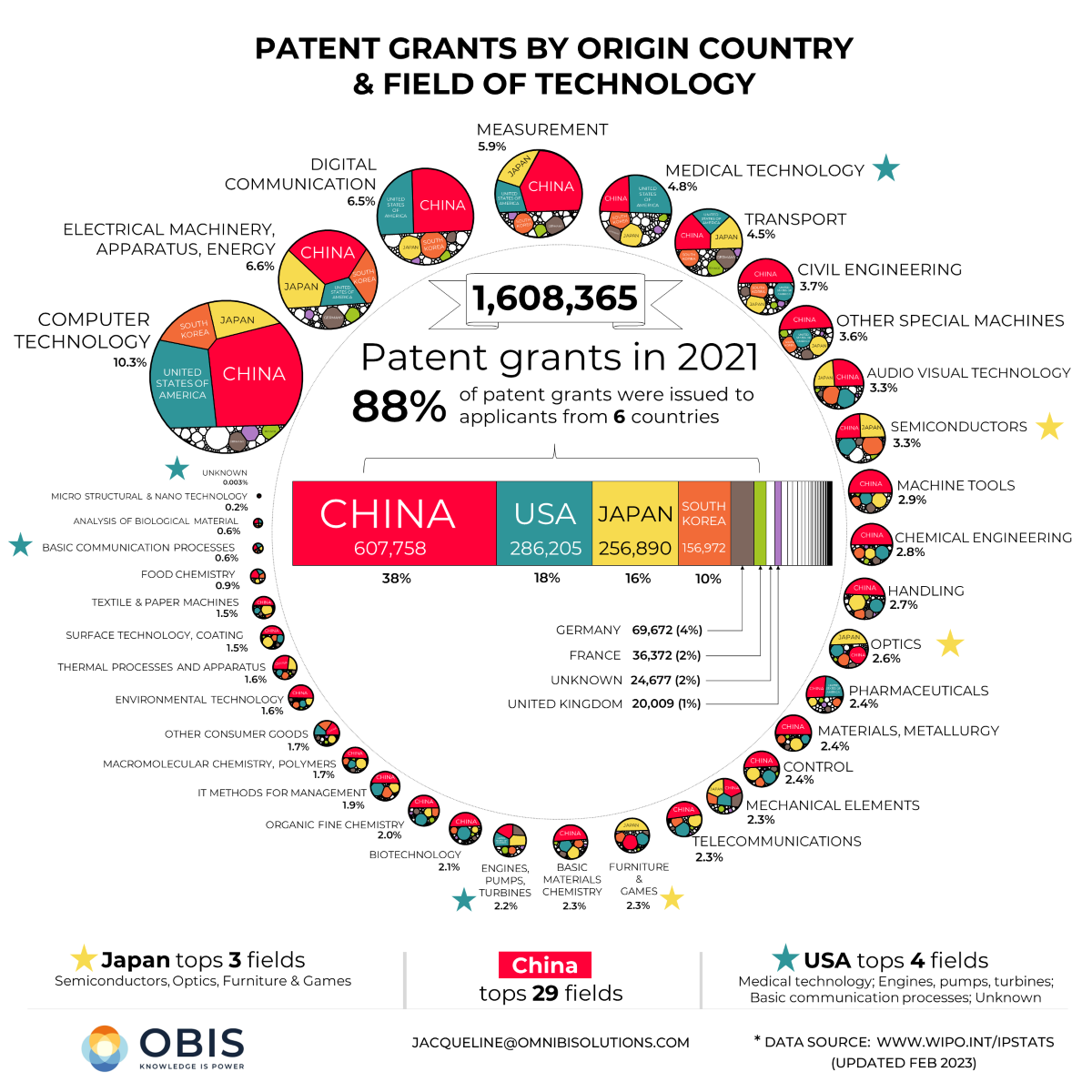
Here are some of the posts that caught my eye recently. Hope you find something interesting.
- Amazon Wants Customers to Change Shipping Habit and Will Pay Them To Do It. (TheStreet)
- Bill Gates Says His Life Has Been Filled With Deep Regret.(Futurism)
- The Thing Missing From Generative AI is the 'Why'.(VentureBeat)
- This Chart Proves Every Single Famous Genius Has One Thing In Common. (Fatherly)
- Researchers Found a Surefire Predictor of Success — And What Separates those Who Find It From those Who Keep Failing.(Insider)
- A New Class of Executives on Wall Street is Gaining a Ton of Power. (Insider)
- The Elon Musk Doctrine: How the Billionaire Navigates the World Stage. (Wall Street Journal)
- 'In a Lot of the World, the Clock Has Hit Midnight': China is Calling in Loans to Dozens of Countries from Pakistan to Kenya. (Fortune)
- Quantitative Tightening: What Happens When $2 Trillion is Sucked Out of the Global Economy. (CNN)
- SEC's Gensler Says AI Will Cause 'The Crisis of 2027' and Crypto is 'Non-Compliant' by Design.(Kitco)





The Shape of Change
Change is the only constant.
The World Government Summit put together a helpful interactive website where you can test your knowledge on the trajectory of key statistical indicators for the development of society over the past decade. It is more challenging than I imagined. Here is the text from their opening screen.
- The Shape of Change via the World Government Summit
You can click on the image below to test your knowledge of key issues shaping the world (like oil dependency, pollution, literacy, economic freedom, etc.) by answering some questions at "The Shape of Change."
The Shape of Change via the World Government
It also includes a table that tracks year-over-year changes in various indicators.
The Shape of Change via the World Government
The first part is like a guessing game where you try to predict the direction and the rate of change.
The second part, which involves reviewing the data table, was much more illustrative.
Were there any numbers that surprised you?
Posted at 08:28 PM in Business, Current Affairs, Healthy Lifestyle, Ideas, Market Commentary, Science, Travel, Web/Tech | Permalink | Comments (0)
Reblog (0)